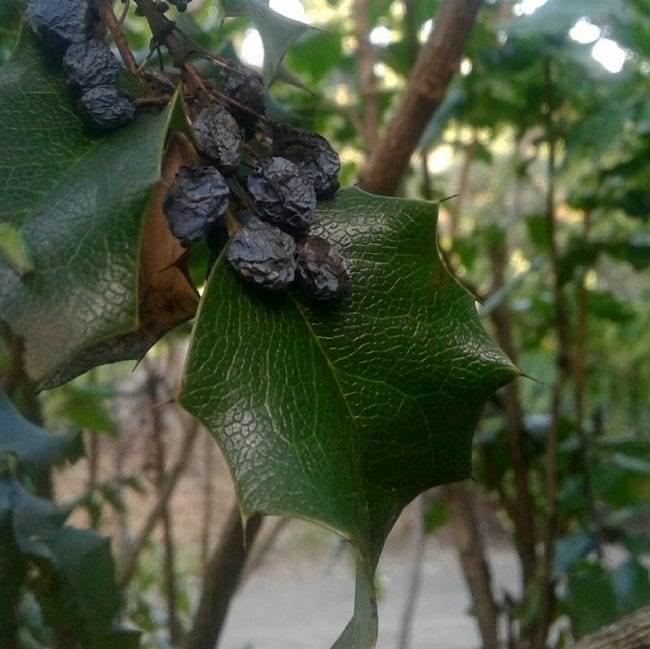Oregon grape (Mahonia aquafolium) is famous as a powerful antimicrobial herb. It is often featured in the same list with other unrelated herbs such as goldenthread (Coptis chinensis), barberry (Berberis vulgaris), Senegal prickly-ash (Zanthoxylum zanthoxyloide) and goldenseal (Hydrastis canadensis). How can so many herbs from so many parts of the world have a similar effect? […]
Read this article and all of our other Herbal Nerd Society Content.
Become a Member Today. Join Us Here. | Already a Member just log in here.







